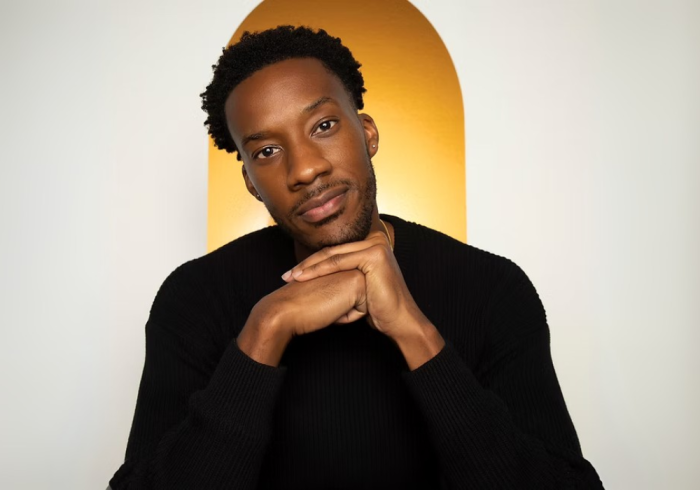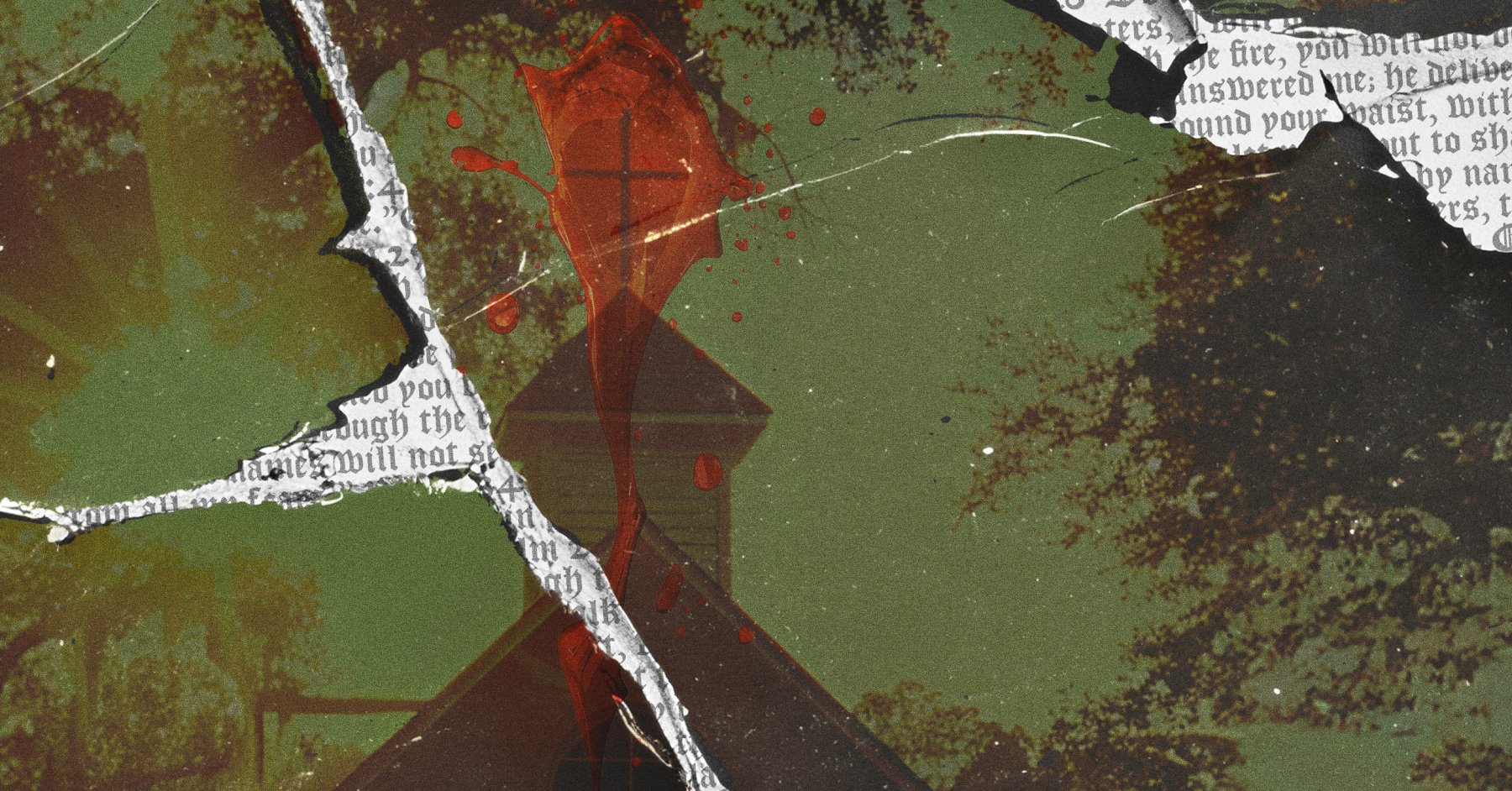
Playwright York Walker Hopes Audiences Walk Away Having Seen Themselves in Covenant
As it is written on the page, Covenant, by York Walker, opens in darkness. Then, a little bit of light breaks through — a flicker and crack of a small flame, until it grows to reveal Ruthie; a young, black girl, in a blue dress, with pockets in the front.
“Everybody got a secret,” are the first words from Ruthie’s mouth.
When Walker sat down to write this play, Ruthie, he said, was the first image he had.
“The idea sort of came to me. She was surrounded in darkness, and had on this period-looking dress,” he said. “And so, I was like, ‘Okay, this is a character, clearly, and it’s going to be about her.’”
Prior to Covenant, he’d written another play that, in his own words, was just basic. It wasn’t bad. And he wouldn’t exactly say that it was boring. It was just very basic, straightforward, inspired by the late, great August Wilson, and set in a house in the ‘60s. After writing that play, he became interested in genre and what it looked like to have Black people and Black queer people show up in different genres. That led him to wonder, what does it look like to have a horror play on stage with Black people in it?
“And not have any white folks in it. And to have none of the horror coming from white people. That, I think, is what makes this play different,” he said. “I was terrified because I wasn’t sure that any of this was going to work. But I think by the time I started working on this play, I was at least brave enough to try to see.”
As he wrote, he remembered the myth of Robert Johnson. Born in Hazelhurst, Mississippi in 1911, Johnson played several juke joints throughout the south, and allegedly only had one hit record, Tarraplane Blues. His music, which included only 29 recorded songs, spoke to the experiences of bitterness and oppression he and other Black sharecroppers and descendants of enslaved Africans faced in the south.
After his wife and child died during birth, the loss is said to have been what pushed him into stardom. The rumor is, Johnson disappeared for roughly 18 months. When he re-emerged, he had a musical ability that could only be due to something supernatural. As a result, many claimed Johnson sold his soul to the devil in exchange for his talents. He later died at the age of 27 from pneumonia caused by poisoning.
The myth, said Walker, lends itself to horror.
“Black folks don’t mess with the devil. We don’t mess with spirits. None of that stuff. All these things work well together in terms of creating a horror play for Black people. I threw them all in the same pot. As I started writing, the characters started to be who they wanted to be without me,” he said. “When I’m writing something, what’s in the back of my mind is who am I and who am I writing this for? I think about Toni Morrison and the conversations she would have about the white gaze and feeling like when she was reading books, she could hear the author talking to white readers. I think it just helps to be specific about that in your writing. Like I said, Black folks, we don’t mess with the devil. But being aware of who I was writing it for, being aware of my art, and trying my best to take care of Black people in the writing of it, that was very intentional.”
Anytime he writes something, Walker said, the experience feels like a collaboration between his intention and something bigger.
“It’s like there’s a world where the play is already written,” he said. “I’m trying to pull from that thing to build it.”
He thinks back to his experiences of being in the movie theater and seeing Jordan Peele’s Get Out or Us. The experience: everyone in the theater collectively talking back to the screen and that whole situation, really opened something for him and made him interested in what that would be like in the theater.
“I wanted to create a story that was interesting and compelling, and character-driven, that also could work on stage and not be corny, because horror, I feel like, could very easily go left on stage,” he said. “Even movies very easily can be terrible and not be scary at all.”
What hopes does he have for audiences in Atlanta who come to see Covenant? He said he tries to shy away from dictating what he wants people to walk away from his work with.
“I think it’s going to be different depending on what you bring to it. If you grew up in a religious household like me, you will bring something specific to the experience. You’ll probably walk away from it very differently from somebody who didn’t grow up with religion at all,” he said. “If you had a very religious mother or grandmother, you’ll see that person in the play. It may or may not trigger. Everybody will, more than likely, have a different experience of it. What’s most important to me is that, especially for Black people, they feel seen. That’s the biggest thing for me. When I go to the theater, I just want to walk away feeling like I’m a little less alone in the world, a little less alone in my experience. That doesn’t necessarily mean that I walk away from the play feeling like, ‘Oh, it’s a happy ending. I’m going to be okay.’ Sometimes it doesn’t end that way. But I’m still grateful to have recognized myself on stage. Sometimes that’s enough.”
Performances of COVENANT run on the Hertz Stage October 8 through November 9, 2025 – learn more.




